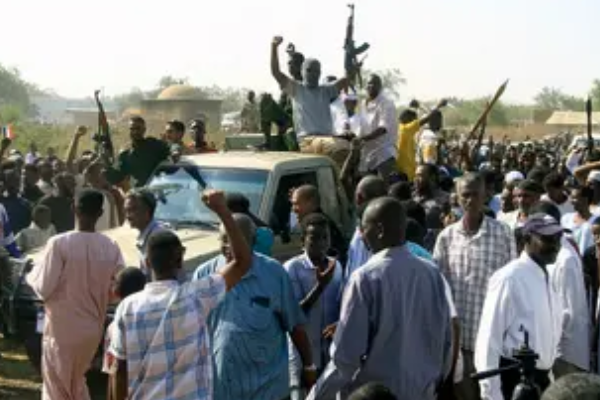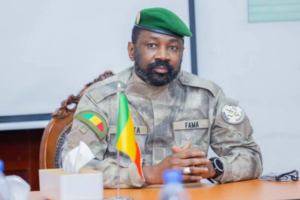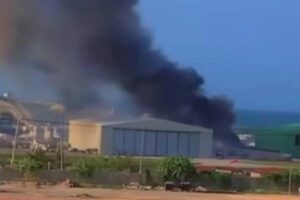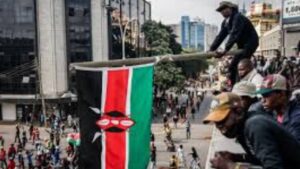The Sudan armed forces (SAF) have pushed in Omdurman for the first time since the beginning of the war with the paramilitary Rapid Support Forces (RSF) in April last year.
According to reports, Sudan armed forces (SAF) in the Karari military area, north of Omdurman, have joined their peers in the engineering corps in the south of the city, where they have been besieged by the RSF since April.
Last week, the SAF announced they had entered the Souq Omdurman – one of the country’s oldest markets in Omdurman, which is considered to be the twin city to Sudan’s capital, Khartoum, which lies on the opposite side of the Nile River.
This came after reports of Iran helping the SAF with new Mohajer 6 drones following a visit by the leader of the army, Gen Abdel Fattah al-Burhan, to Tehran.
A week before the army’s advancement in Omdurman, people in neighbourhoods in Ombada, in the north-west of the city, were ordered to evacuate their homes within 72 hours.
The SAF allegedly arrested about 100 men, who were said to have been stripped, blindfolded and lashed before being released.
Read Also
Most of the those arrested belong to the minority Gouran ethnic group in Sudan and worked in the markets selling and buying clothes. Like most of Sudan’s cities, Khartoum is segregated along ethnic and racial lines.
In early August, the army ordered the same ethnic group of people living by the Nile in eastern Omdurman to leave their homes. When some returned to retrieve their belongings, they found their homes occupied by soldiers and their belongings gone.
Most of Khartoum’s 11 million people have fled the city, but millions are still there, especially the poor and those from distant states such as Darfur and Kordofan, which are experiencing fierce fighting.
The military governor of the state, Mohamed el-Badawi, has called on the intelligence services to arrest all those who work in markets as vendors and beggars, accusing them of working as spies for the RSF.
Most of the market traders in Sudan are from Darfur and Kordofan, the country’s most restive regions that have witnessed a long civil war.
Sudan, since its independence in 1956, has been ruled by minority Arab and Nubian elites hailing from tribes living on the Nile in northern Sudan.
More than 10,000 people have been killed in Sudan since the beginning of the war in a struggle by two generals over power.





